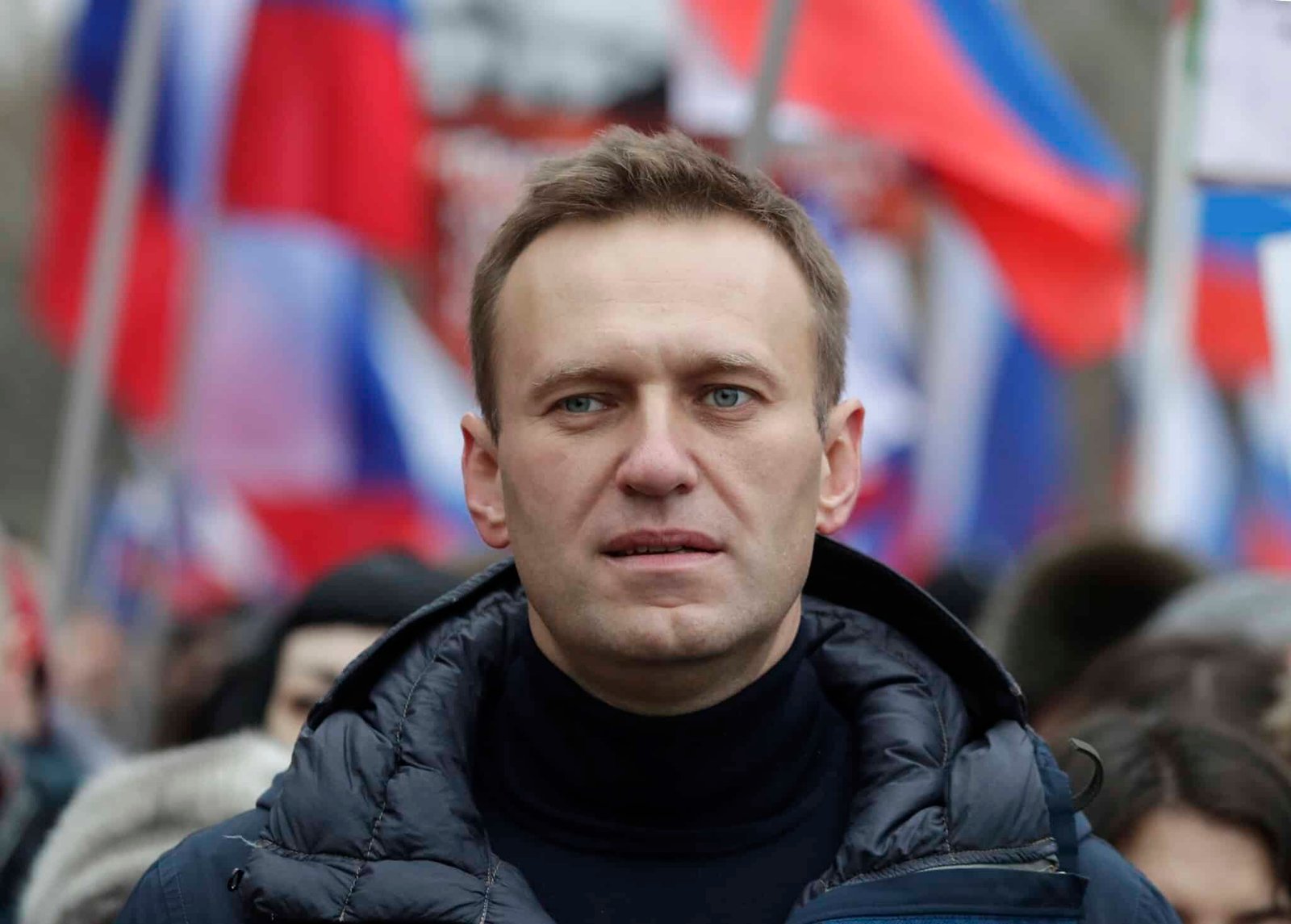Alexei Navalny, a leading figure in Russia’s opposition movement against President Vladimir Putin, died in prison at the age of 47, Russian officials reported. Known for his anti-corruption campaigns and significant role in organizing large-scale protests against the Kremlin, Navalny was serving a 19-year sentence on charges he and his supporters deemed politically motivated.
The Federal Penitentiary Service stated that Navalny felt unwell following a walk and subsequently lost consciousness, leading to his death. The exact cause is under investigation. Kremlin spokesman Dmitry Peskov confirmed that President Putin has been briefed on the matter, with the prison service set to conduct a standard review.
Despite the official announcement, Navalny’s spokeswoman, Kira Yarmysh, expressed on social media that the team had not received independent confirmation of his death and that his lawyer was en route to the prison for verification.
Navalny’s return to Moscow in January 2021 from Germany, where he was recovering from a nerve agent poisoning he attributes to the Kremlin, marked a significant moment. His subsequent arrest led to a series of imprisonments, which he criticized as an attempt by the Russian government to silence him. Navalny’s transfer to a high-security penal colony in the Arctic Circle last December was seen by his allies as another measure to suppress his voice.
Throughout his political career, Navalny leveraged social media and investigative journalism to challenge official corruption and Putin’s long-standing rule, even facing personal risks including physical attacks and legal challenges. His efforts broadened to encompass criticism of the political system overall, making him a central figure in protests challenging national election results and the exclusion of independent candidates.
Navalny’s death has sparked discussions on the future of the Russian opposition movement and the broader implications for political dissent in the country.
